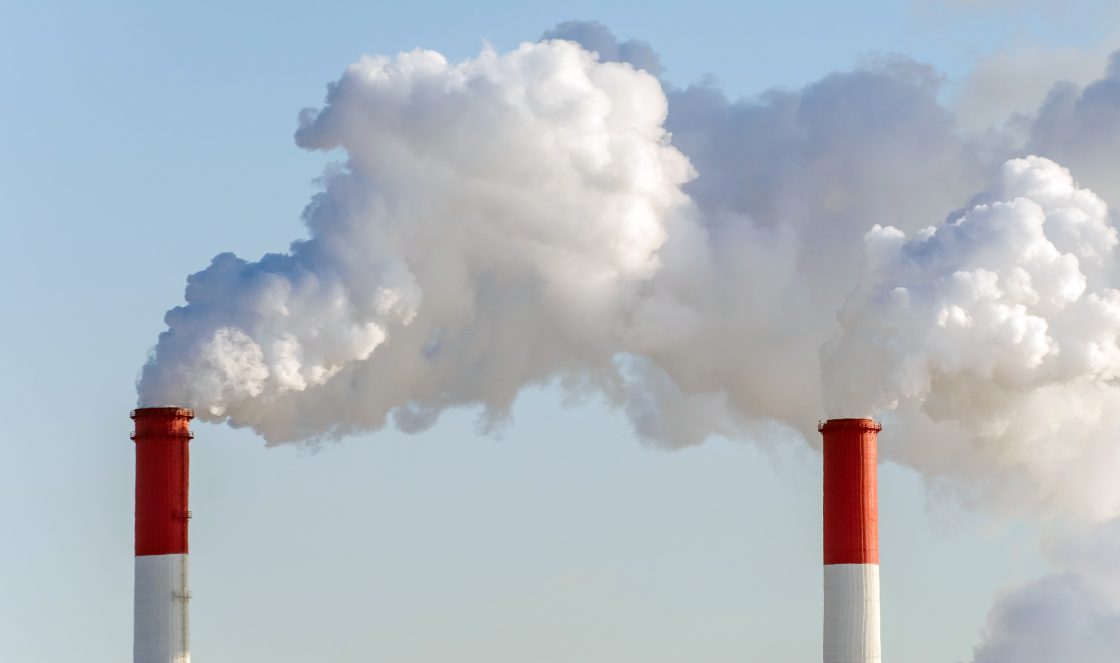Finally, after over two decades of waiting, the Canadian government listened to the thousands of people across Canada who called for stronger laws to protect us against toxic chemicals. At the end of June, the Senate approved Bill S-5, the long-awaited legislation to modernize the Canadian Environmental Protection Act (CEPA). It will proceed to the House of Commons this fall for further debate and amendments before passing into law.
CEPA is Canada’s most important toxics law and the key legislation that helps protect the environment and human health from dangerous exposure to pollution and toxic chemicals. Children, low-income, racialized and Indigenous populations, in particular, are disproportionately impacted by hazardous exposures. Updating and strengthening this bill is crucial to advancing environmental justice and protecting us from the health risks of widespread toxins such as BPA, phthalates and PFAS.
What are some of the key updates to strengthen our toxics law?
The bill, which was introduced in the Senate, will proceed to the House of Commons in the fall. It’s a rare thing to see a Senate-first bill. Usually, bills go through the House and then head over to the Senate before becoming legislation. With a full policy agenda in the House and extra capacity in the Senate, we saw Senators debate, amend, vote on and approve the bill to move to the House.
Fortunately, the Senate made several strengthening amendments led by Senators Rosa Galvez, Mary Jane McCallum, Julie Miville-Dechêne, and Stan Kutcher. These amendments would finally update Canada’s framework for assessing and managing toxic substances. They include:
- Assessing the cumulative impacts of chemicals on vulnerable populations and the environment. Our real-world exposures to chemicals are often in mixtures that can build up, work in combination, and create by-products that can have even more toxic effects on our health and the health of various species.
- Recognizing the human right to a healthy environment for the first time in federal law. Although 156 countries already have environmental rights, Canada does not. This is a right that exists in Quebec and is currently being championed internationally at the UN.
However, not everyone was happy with the process. While health and environmental groups celebrated the strengthened bill, petrochemical industry lobbyists tried to undermine and weaken the bill in a letter to all Senators and the Minister of Environment and Climate Change. Thankfully, their efforts were unsuccessful, but we must stay vigilant when it goes to the House and help MPs resist their efforts.
What’s next for CEPA reform?
MPs will have their chance to make improvements to the bill when the House resumes sitting in the fall.
To better protect human health and the environment, we are calling for further improvements to CEPA in the House of Commons:
- Require labelling for hazardous ingredients, particularly for cosmetics, cleaning products and upholstered furniture. Right now, there are hidden, unlabelled substances in these everyday products that can harm our health and pollute the environment. These hazardous substances include BPA and other bisphenols, PFAS “forever chemicals,” flame retardants, phthalates and other endocrine disrupters.
- Elevate environmental justice in a way that maintains and improves our current levels of environmental health protections and includes the right of future generations to access the benefits of a healthy environment. We need CEPA and its regulatory powers to create the conditions for meaningful progress on environmental racism and for people to have the tools to address the toxic pollution issues in their communities.
- Better regulatory transparency and faster timelines. The public needs to know more about government progress on assessing, managing and enforcing toxics laws in this country and reassessing hazardous substances of concern. We also need regulators to be accountable for faster regulatory timelines to get rid of dangerous toxic chemicals.
This fall, we hope you will be with us as we work with MPs to further strengthen this important toxics law and help them resist industry’s attempts to weaken the bill. We need bold action on toxics to create a healthier, non-toxic environment for current and future generations…and we are close to getting it!








